With Liverpool among the figureheads of a new Super League that has sparked furious opposition from almost every angle, Steven Scragg assesses FSG’s controversial plan.
Change is coming, regardless of the outcome of the increasingly omnipresent Super League.
Football has a history of shape-shifting once every 30 years or so. From the foundation of the Football Association in the early 1860s to the formation of the Football League in the late 1880s; the introduction of regionalised third divisions in the 1920s to the abolition of the maximum wage; the birth of European club competition and the nationalising of the Third Division North and South to create the Fourth Division in the late 1950s and early 1960s.
Then came the Premier League and Champions League, both released into the wild in 1992, and here we are today, almost 30 years on, with the news that Liverpool have signed up to a breakaway league, a Super League.
The Premier League, along with UEFA and a cluster of other high-profile leagues, have voiced their disgust at the plans.
Whether a Super League happens or not (and with the genie now out of the bottle it will be very difficult to stop), the Premier League pontificating on the morality of a breakaway league is quite spectacular.
It is like one playground bully is crying because an even bigger one has come along to steal their ill-gotten gain.
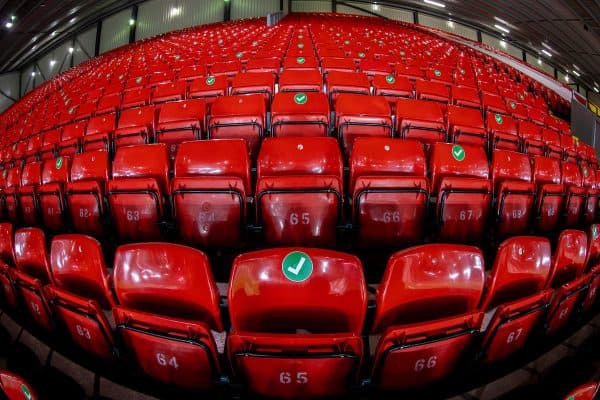
Itself an edifice to greed, the Premier League will soon backtrack on its hard stance with noises of reconciliation. Lose the big six clubs and the value of their ‘product’ will diminish considerably. Somewhere at the Football League a wry smile or two will have been shared.
We’ve been here before. In the 1980s there was extensive talk of an English Super League, which would have been a very different beast to the Premier League that eventually emerged.
Back then, it was the ‘big five’ of Liverpool, Everton, Arsenal, Tottenham and Man United who were in advanced talks with ITV over a bespoke breakaway league, to which the elite would only invite the biggest names that were populating the ‘have nots’ to their ‘haves’.
Upon that occasion, it was the collective bargaining power of the entire Football League that won the argument, with the ‘big five’ backing away from the precipice of going it alone, and instead, the biggest deal up to that point for domestic football coverage was negotiated with ITV.
Ultimately, the concept of starting a renegade league, operating outside the jurisdiction of English football’s traditional governing bodies and securing their own TV deal, was felt to be too big of a hurdle to risk clearing.
It wasn’t that they couldn’t do it, it is just that the fear of failure made itself known.
Yet that conformity of 1988 set a ball rolling. Of course, back in the 1980s, the landscape of football was much more volatile than it is now, but by 1990 football had fallen into fashion, via a stylish World Cup that lacked in genuine substance.
Throughout the decade prior to the birth of the Premier League, the biggest clubs became increasingly aware of their standing, their importance and their worth. Tottenham floated themselves on the Stock Exchange and increasing numbers of clubs were soon PLCs.
Every TV contract signed from that point on was at a mark up on the previous one.
Despite the increasing amounts the big clubs were earning, still they began to resent the smaller ones – that they felt they were carrying. This ‘injustice’ festered for decades and is threatening to culminate with the dawning of a Super League that not many people seem to want.
Will it be the horrendous evil it is being billed as, however?
The format of a midweek league that has been floated means that members of the Super League will play a minimum of 18 games, and a maximum of 23, something that is intended to run alongside existing domestic leagues.
It doesn’t sound overly prohibitive, especially if top divisions do reduce to 18 teams as has previously been mooted. Presumably, for those involved, the League Cup would become a thing of the past.
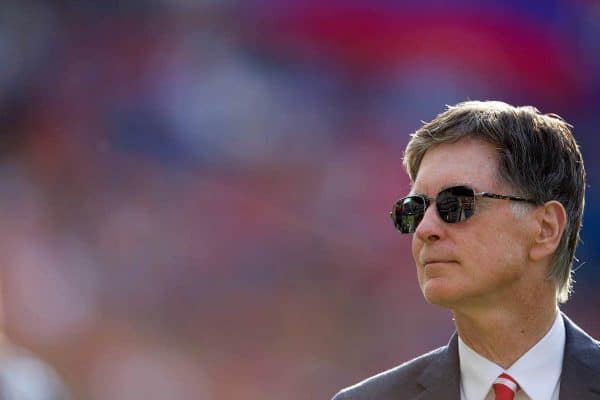
These announced plans represent more than a toe being dipped into the water. They are designed to provoke a response, whether negative or positive.
Should UEFA and the domestic leagues go to war with the founding members of the Super League, then there will be recriminations from both sides of the divide, and the potential for the clubs involved to make the ultimate decision to walk away from domestic football.
Nobody benefits from that scenario though.
From here, even should the founding 12 back out of the projected Super League, there is no going back to the current Champions League format.
Added to this, there is no way that a Super League announces in April that it will launch in August, without assurances from prospective sponsors and TV partnerships.
As for the Premier League, the dust will settle, and they will click into self-preservation mode. They will not want to lose their biggest selling points, and the likelihood of a second tier would increase.
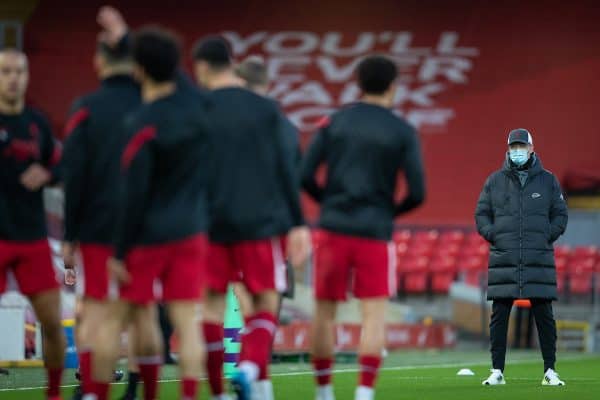
Unfortunately for the Premier League and UEFA, if the teams that have provided their most explosive fuel were to walk away, then they will soon find out where the true power resides.
Personally, I’m torn over the concept.
The thought of Liverpool walking away from almost 130 years of domestic history should be abhorrent to everyone, but if the theory that was laid out late on Sunday evening were to become reality, then a Super League that can run in conjunction with the Premier League might not be the evil it is being billed as.
With added European strain being applied to its six biggest clubs, maybe the Premier League might even find it becomes a far more open competition as a side effect.
One way or another, change is now inevitable.
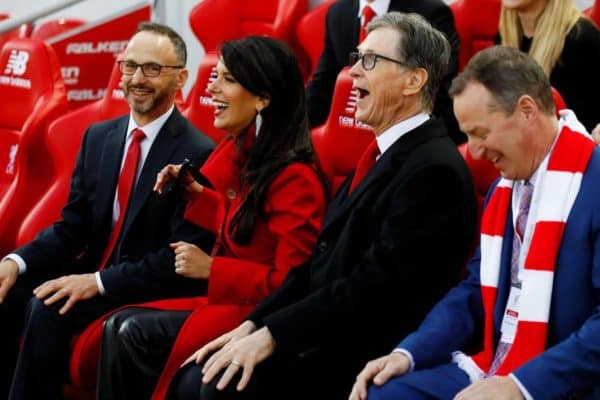




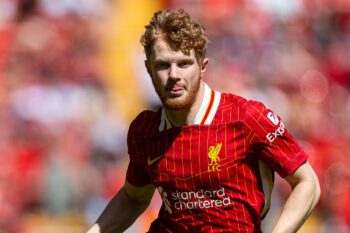
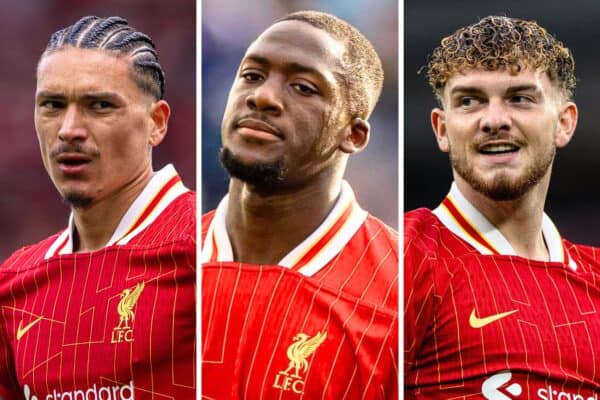

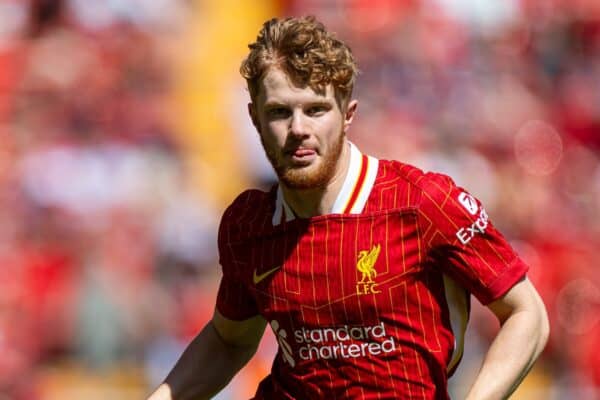

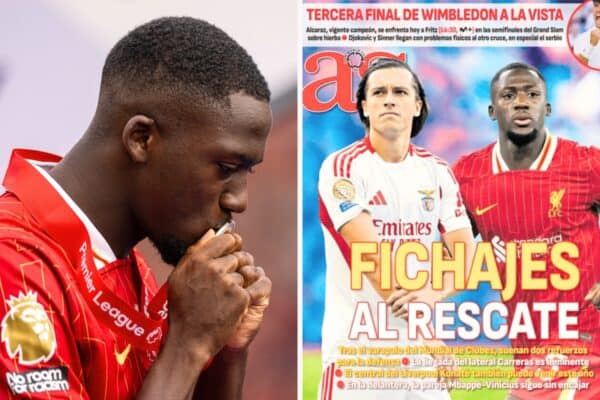

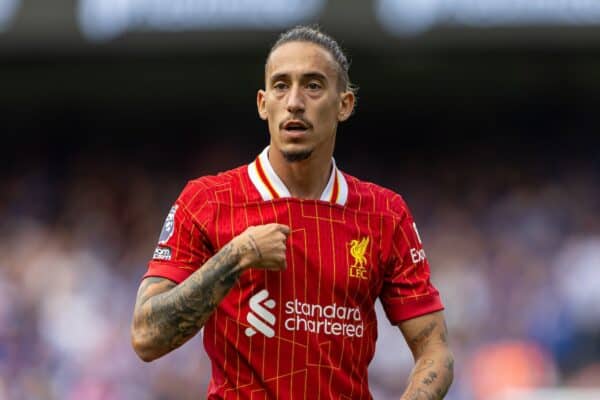
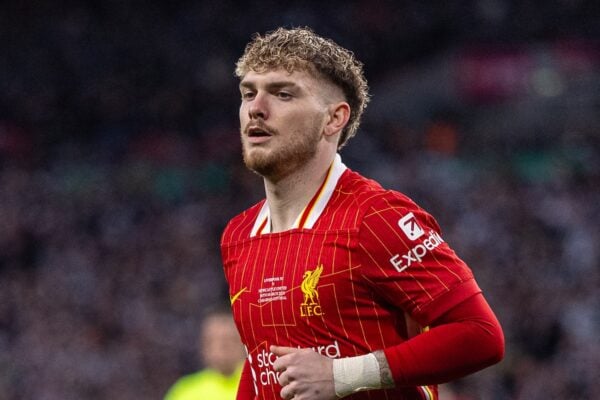

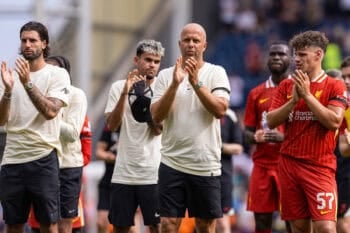

Fan Comments